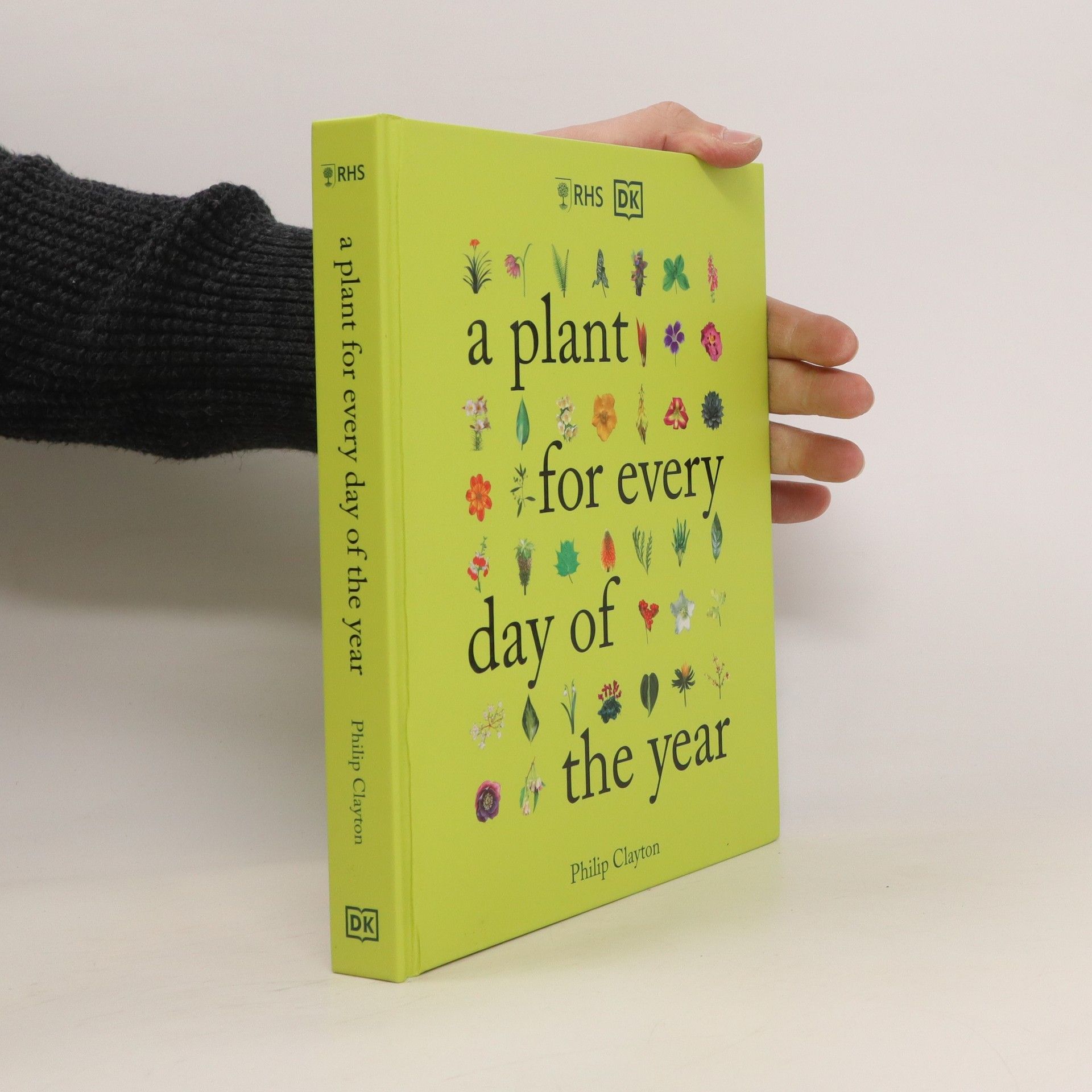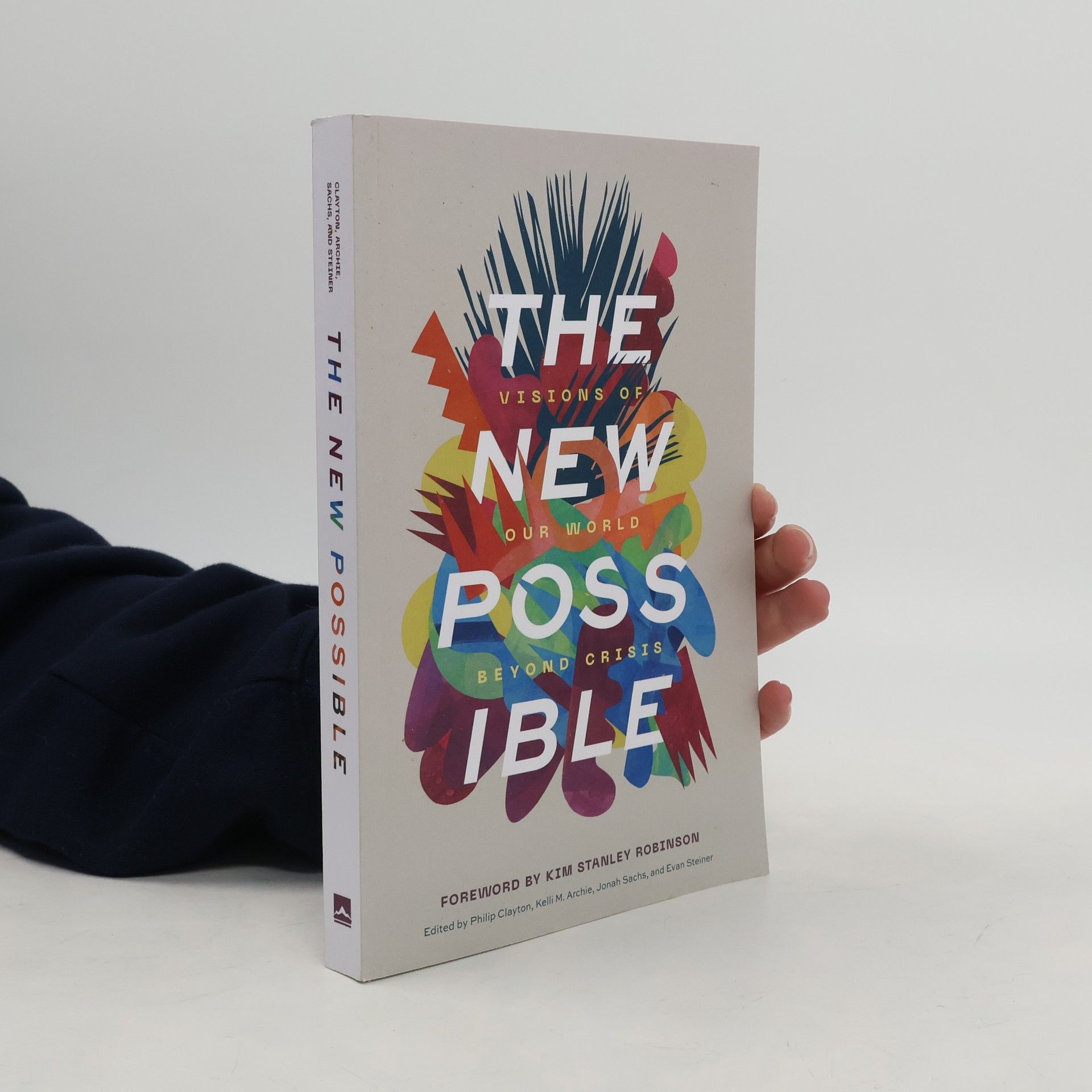As global temperatures rise, there is a risk drought will become more frequent across the globe. This book is a collection of over 50 beautiful, fascinating and – most importantly – drought-proof species from around the world.
Philip Clayton Ordre des livres (chronologique)





Discover the secret to successfully growing and nurturing beautiful roses. Ideal for first-time gardeners, Grow Roses contains everything you need to bring spectacular colours and gorgeous scents to your garden. Learn how to grow and care for a variety of roses with tips on selecting the right site, planting, and pruning. Discover the perfect roses for your own outdoor space with a handy directory of the best varieties for every situation, as well as the ideal plants to grow alongside them. With their ease of cultivation, tolerance to varied climates, and sublime beauty, roses are the perfect flower for the modern garden. Packed with practical, jargon-free know-how, this easy-to-use guide has everything you need to know to help your garden Grow.
RHS A Plant for Every Day of the Year
- 256pages
- 9 heures de lecture
"A plant a day brings beauty your way. Make the most of your garden with 365 of the very best plant varieties - one for every day of the year. From spring blooms to winter interest and everything in between, each plant has been personally selected by expert horticulturist Philip Clayton, who draws on his nearly 20 years of RHS experience, along with his own garden favourites, to showcase a vast array of planting choices. With a range of plants as broad as Philip's knowledge is vast, A Plant for Every Day of the Year is like taking a walk with an accomplished gardener as they show you their favourite plants. Each profile comes complete with stunning photography and an at-a-glance guide to height, spread, hardiness, and other must-know information, so you too can make the most of every season in your own garden"--Publisher's description
2020 dramatically altered our lives, prompting questions about our future. Will the challenges of the pandemic, protests, economic instability, and social distancing exacerbate inequalities, nationalism, and the decline of democracies? Or could they spark a global awakening to community, mutual support, and environmental stewardship? The future has never felt so uncertain. This collection presents twenty-eight distinct visions for a better world, advocating a shift from returning to "normal" toward a more promising future. Contributions from global leaders across six continents offer not just speculation but inspiration and actionable roadmaps. The essays feature insights from notable figures like Kim Stanley Robinson, Michael Pollan, Vandana Shiva, and many others, each providing a unique perspective on navigating the difficult decades ahead. Bill McKibben praises the collection for uniting some of the brightest minds to envision a viable path forward, while Van Jones highlights it as a timely guide filled with concrete ideas and inspiration for creating a more equitable and sustainable world. Together, these voices urge us to imagine and work toward a transformative future.
Religion and Science: The Basics
- 214pages
- 8 heures de lecture
Religion and science are arguably the two most powerful social forces in the world today. But where religion and science were once held to be compatible, many people now perceive them to be in conflict. This unique book provides the best available introduction to the burning debates in this controversial field. Examining the defining questions and controversies, renowned expert Philip Clayton presents the arguments from both sides, asking readers to decide for themselves where they stand: - science or religion, or science and religion? - history and philosophy of science - the role of scientific and religious ethics - modifying genes, extending life, and experimenting with human subjects - religion and the environmental crisis - the future of science vs. the future of religion. Thoroughly updated throughout, this second edition explores religious traditions from around the world and provides insights from across the sciences, making this book essential reading for all those wishing to come to their own understanding of some of the most important debates of our day.